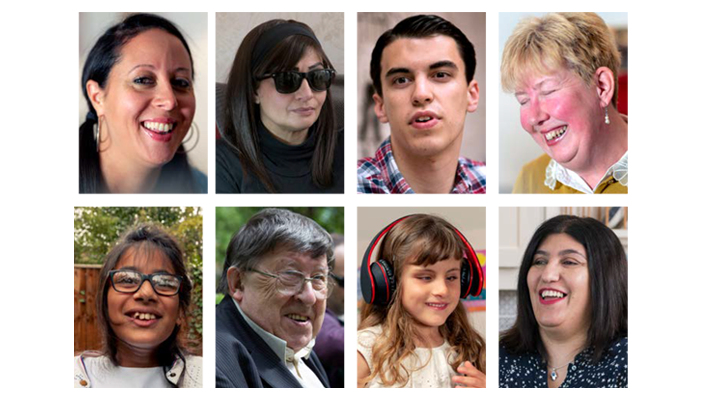Many people who haven’t interacted with anyone with sight loss before often feel worried about saying or doing the wrong thing, so the Royal National Institute of Blind People (RNIB) have created a few top tips to help you answer your concerns.
If you haven’t been around many people with sight loss before, it’s perfectly normal to feel slightly apprehensive. It simply means that you are wanting to be helpful and not get anything wrong. But sight loss doesn’t need to cause any awkwardness; we are all people, we just all see things differently.
Here are a few tips to help you to help others during coronavirus:
- Be aware – Not all blind and partially sighted people “look blind” (wear dark glasses, use a cane or a guide dog), so be mindful that it may not always be obvious.
- Social distancing – People living with sight loss will find it difficult to maintain social distancing, so keep this in mind when you’re interacting with them.
- Introduce yourself – If you think that someone needs help, just introduce yourself – a simple: “Hi I’m Steve, is there anything I can assist you with?” can go a long way.
- Don’t make assumptions – If someone does need help, let them tell you what they need – don’t assume they’re trying to cross the road when they’re actually wanting directions. Just ask.
- Guiding – If someone usually requires “traditional” guiding, have an open conversation about safe alternatives.
- Talk naturally – Don’t be afraid of using “visual language” like “nice to see you” – just relax and be yourself – you’ll feel awkward if you try to sensor yourself.
- Use verbal communication – Saying “Go over there” while pointing means very little to someone who can’t see where “there” is. Try and be specific, for example “Your glass is at 2 o’clock”, or “The card machine is above your right hand”.
- Sight loss is a spectrum – We all see differently, so get to know the people you’re interacting with; some might need help reading things, while others just want guiding – for those with very low vision, you may need to say when you’re leaving so they know you’ve not just gone quiet! Remember, we’re all individuals.
You can also download RNIB’s guide Helping you to help others, which gives you further information, as well as an insight into different eye conditions.





